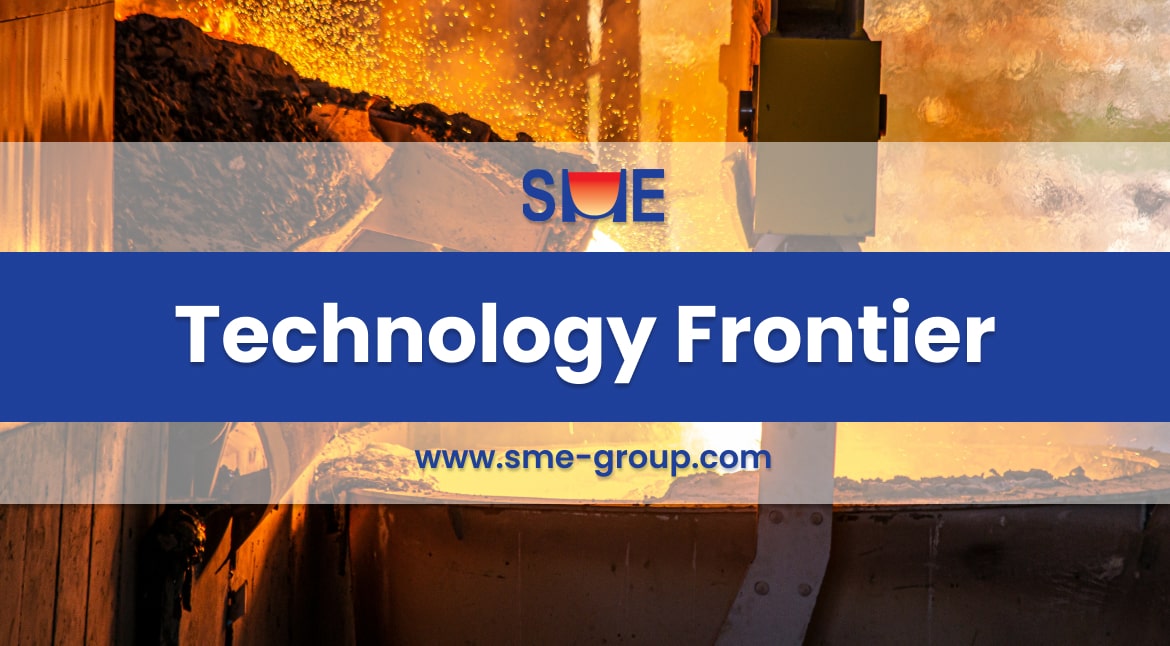The protective slag in the continuous casting process acts vital role. Conducive to the cleanliness of the steel liquid Continuous casting protection slag can inhibit the formation of bridges and crusts in the mould in the process of continuous casting, and can improve the temperature of the bending moon surface,…
Steel structural parts workshop needs a variety of equipment or lathes to complete the cutting, molding, welding and surface treatment of various shapes of steel structural parts such as motor vehicle chassis, cabinets, power transmission tower parts, and road light poles. Generally, there are nine types of devices to perform…
The Ministry of Industry and Information Technology, the Ministry of Finance, the General Administration of Customs, the State Administration of Taxation and the National Energy Administration, have recently jointly issued a notice to adjust the relevant catalogue of tax policies for the import of major technical equipment. The “Catalogue of…
Blast furnace production generates several byproducts, including slag, blast furnace gas, and dust (also known as gas dust). These byproducts have diverse applications that contribute to both industrial processes and environmental sustainability. Here’s a detailed overview of each byproduct and its uses: 1. Blast Furnace Slag and Its Applications Blast…
Deoxidation process of molten steel in EAF furnace Due to the oxygen blowing process in EAF furnace, a large number of alloys are also oxidized, such as Cr2O3, MnO, FeO, and a large amount of free oxygen remains in the steel. EAF furnace deoxidation method includes precipitation deoxidation and diffusion…
Deoxidation of molten steel is the last key process operation before casting, which is directly related to the metallurgical quality of cast steel. Deoxidation is also the basis of nitride enhancement and nodular modification of cast steel. Deoxidizer selection should follow the following principles: Compared with Fe, deoxidizer elements have…
1.Baosteel Sets New Asian Record for Deep Well Casing Depths Recently, news from the Xinjiang Oilfield of China National Petroleum Corporation (CNPC) reported that the Qingbei 1 #well, which utilized Baosteel’s premium casing for completion and key drilling operations, has reached a drilling depth of 9,056 meters. This marks another…
There are six methods commonly used in the production of section steel. 1. Ordinary rolling method This method is carried out with a general two or three high mill. The pass is composed of two rolling grooves, which can produce ordinary simple, irregular and longitudinal rolling periodic section steel. This…
World Metals announced the “Top Ten Technological News in Global Steel Industry for 2024”.Here are the highlights: 1.The International Space Station Produces Its First 3D-Printed Steel Component On May 30, 2024, inside the International Space Station’s European Columbus laboratory module, a 3D metal printer broke through orbital manufacturing methods to…
As we step into a new year, we reflect on the progress and achievements of 2024 and express our heartfelt gratitude to all our clients, partners, and team members for their continued trust and support. 2025 promises to be a year of new opportunities, growth, and success. We remain committed…











